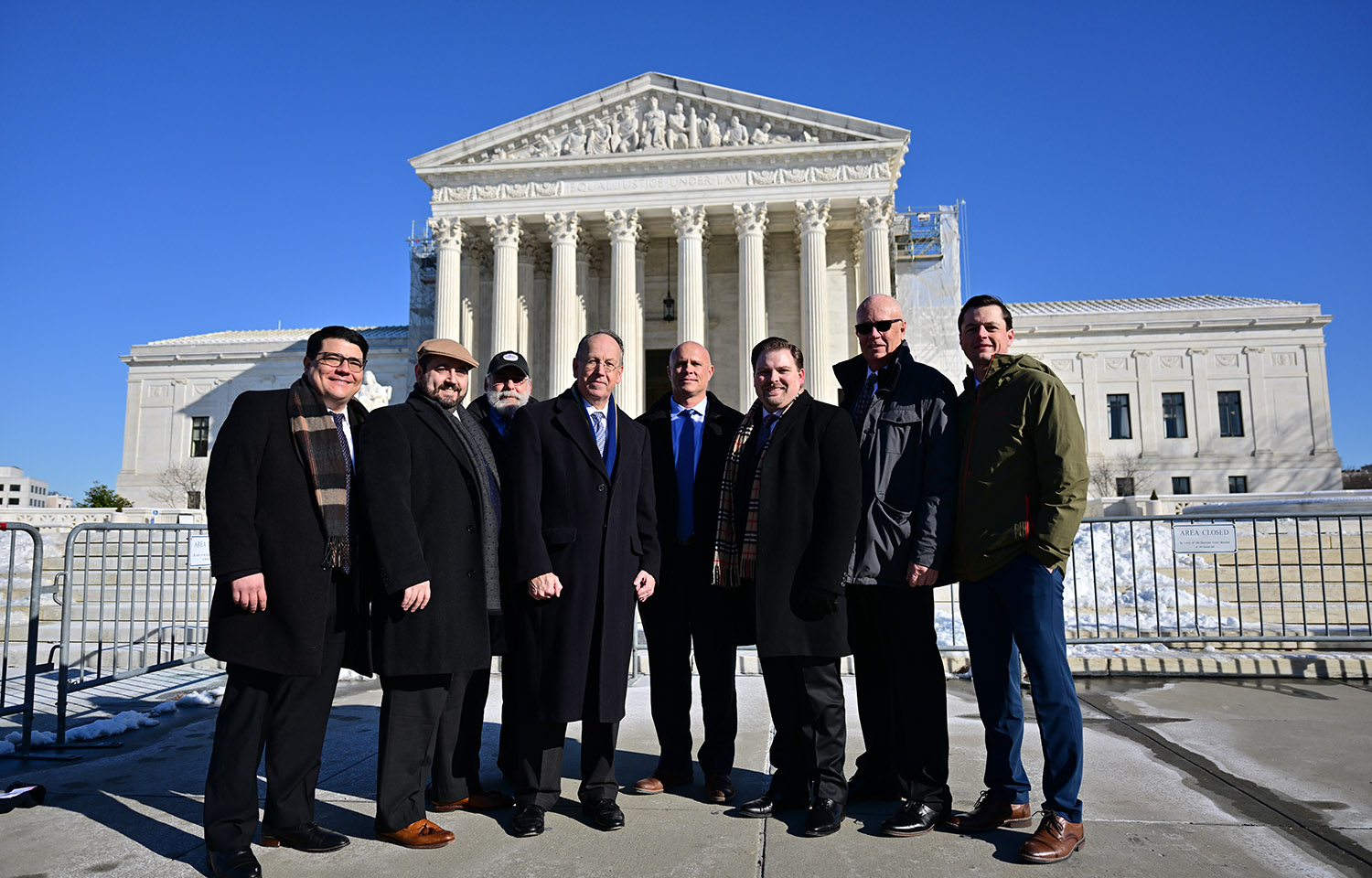The New Civil Liberties Alliance (NCLA), which has been representing commercial fishermen in an ongoing case before the U.S. Supreme Court, expressed cautious optimism that the court would align with their reasoning following oral arguments.
“After many years, our clients were finally before a court that seemed disinclined to defer to the agency they have been fighting as to what the law is,” NCLA Senior Litigation Counsel John Veccione said.
The case began in 2020 when NOAA Fisheries began requiring some fishermen to pay for at-sea monitors on their vessels out of pocket. Claiming that monitors cost them more than USD 700 (EUR 640) per day, some New Jersey herring fishermen sued the government, arguing that the New England Fishery Management Council did not have legal authority to make them pay for the monitors.
“This case has nothing to do with politics and everything to do with protecting the livelihoods of my family and crew,” Plaintiff Bill Bright said. “There are substantial costs for every fishing trip we take, and if we catch nothing or the catch is small, we can actually lose money. Monitors are paid regardless of the catch, and under this rule, they would make more than me and my crew on many trips, which isn’t financially feasible or fair.”
Although fishermen lost in court twice, the U.S. Supreme Court took up Loper Bright Enterprises v. Raimondo as an opportunity to reconsider the Chevron deference – a court precedent that gives wide latitude to agencies like NOAA Fisheries to create rules based on ambiguous or unclear statutes. The plaintiffs argued that the Chevron deference gives federal regulators too much authority to act without clear Congressional direction or judicial review. Oral arguments took place 17 January.
“We are here today because fishermen matter,” Seafreeze Fisheries Liaison and General Manager Meghan Lapp said following oral arguments. “Fishermen do a dangerous job to bring you seafood, but they aren’t afraid of rough weather and high seas; they are terrified of the federal government. One abusive regulation like this can economically force vessels like ours out of a fishery we have sustainably harvested in for 40 years. Fishermen shouldn’t be forced to pay out of pocket to expand a government program that the government doesn’t have enough money to fund itself. Congress never intended that.”
“Agencies like NOAA can take liberties with the citizens they regulate because Chevron gives them an automatic win, and they know it,” Lapp added. “My hope is that ends today.”
The court is expected to release its decision in early summer.
Photo courtesy of Cause of Action







